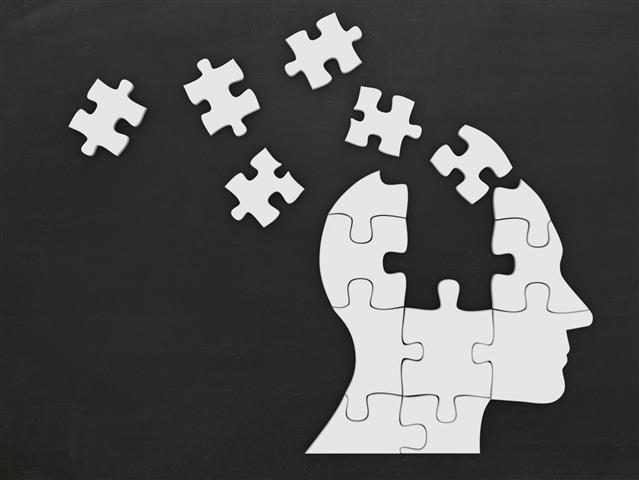Understanding Mild Cognitive Impairment

As we age, it’s common that we sometimes forget words, people’s names, or locations of items. But when these lapses become frequent and expand into long-term memory and judgment, they may be a sign of mild cognitive impairment (MCI). MCI is a brain condition that causes a slight but noticeable decline in cognitive abilities, including memory, thinking, and executive-function skills. MCI doesn’t affect everyday life in the ways that dementia does. However, it’s important to be aware if your symptoms are caused by MCI so that you can continue to monitor and manage the diagnosis. Here’s a brief overview of MCI, what to look for, and how you can manage it.
Recognizing symptoms of MCI
MCI symptoms can include:
- Forgetting multiple appointments within a short amount of time (a few weeks or months)
- Confusion navigating a familiar neighborhood
- Trouble understanding the steps in a task
- Making impulsive or poor decisions
- Difficulty with movement (less common)
- Changes in ability to smell (less common)
If you (or your friends and family) are noticing that these symptoms are happening more often, it may be time to explore a diagnosis. But it’s also important to take all current medications and other conditions into consideration. Knowing medication side effects and talking with a doctor will help you to know for sure if these symptoms are unusual. It’s also worth considering what else might be causing memory lapses, like poor sleep, apathy, and depression.
How MCI is different from Alzheimer’s disease
Unlike Alzheimer’s disease and other forms of dementia, MCI symptoms do not include personality changes like increased aggression. MCI symptoms also do not cause changes in basic everyday activities and functions, like sleep, hygiene, and diet. Most people experiencing MCI symptoms can maintain their self-sufficiency and way of life.
Why MCI is important to catch early
While MCI symptoms are milder than those of dementia, a definite MCI diagnosis may be an early sign of developing Alzheimer’s disease. As of 2017, studies cited by the University of Washington stated that one out of 10 MCI diagnoses progressed into dementia. (In these cases, MCI is known as MCI due to Alzheimer’s disease.) However, this progression is not a foregone conclusion; MCI symptoms also can remain stable or even improve. Because of these possibilities, it’s critical to seek help, diagnoses, and symptom management as soon as possible.
It’s also important to keep a close eye on any health conditions that can contribute to cognitive change. Mayo Clinic lists diabetes, smoking, lack of exercise, depression, and high blood pressure among risk factors that could lead to further cognitive decline. If you receive an MCI diagnosis while experiencing these risk factors, consider forming a support system with friends and family to help you protect against further progression.
Managing and living with MCI
There is no current treatment or medication for MCI. However, you can manage your diagnosis by monitoring the symptoms for progression or regression. The Alzheimer’s Association recommends seeing a neurologist twice a year post-diagnosis (or for any recurring memory concerns).
Living with MCI symptoms will likely be frustrating at first, so be patient with yourself as you learn to adapt to the memory changes you’re experiencing. It may help to view an MCI diagnosis as a call to slow down, take extra time, and learn new ways to think things through, stay organized, and complete tasks. And with the support of loved ones, MCI programs and resources, and community connections, you can manage MCI and still keep the lifestyle you love. Learn more by visiting our Memory & Brain Health Resource Center.
(Sources: Alzheimer’s Association, Mayo Clinic, National Institute on Aging, and University of Washington)
Related Posts

Podcast: A Day in the Life at Era Living – Resident Diane Miller

Podcast: Advocating for Retirees in Senior Living

